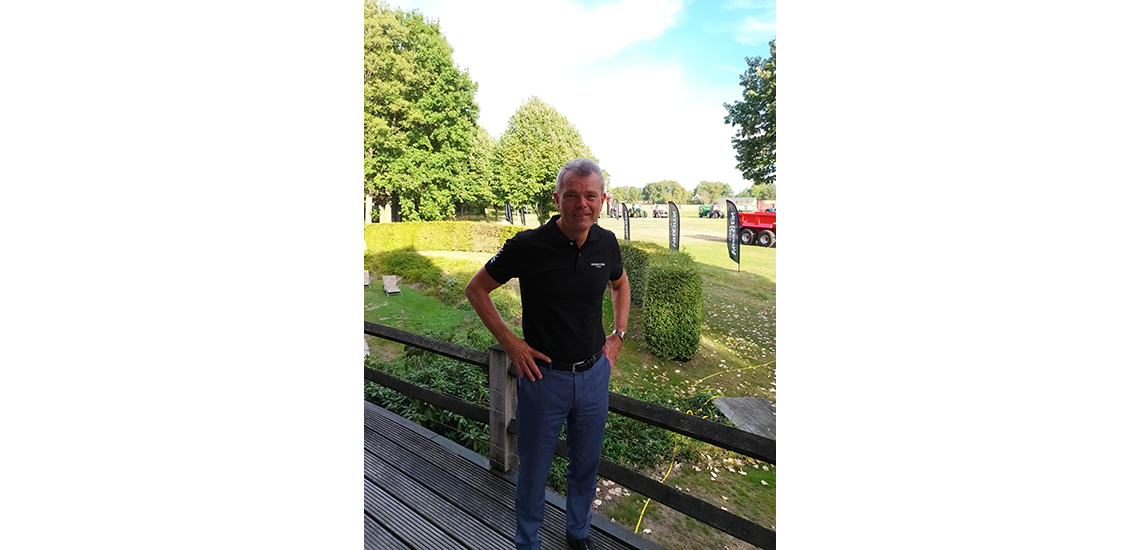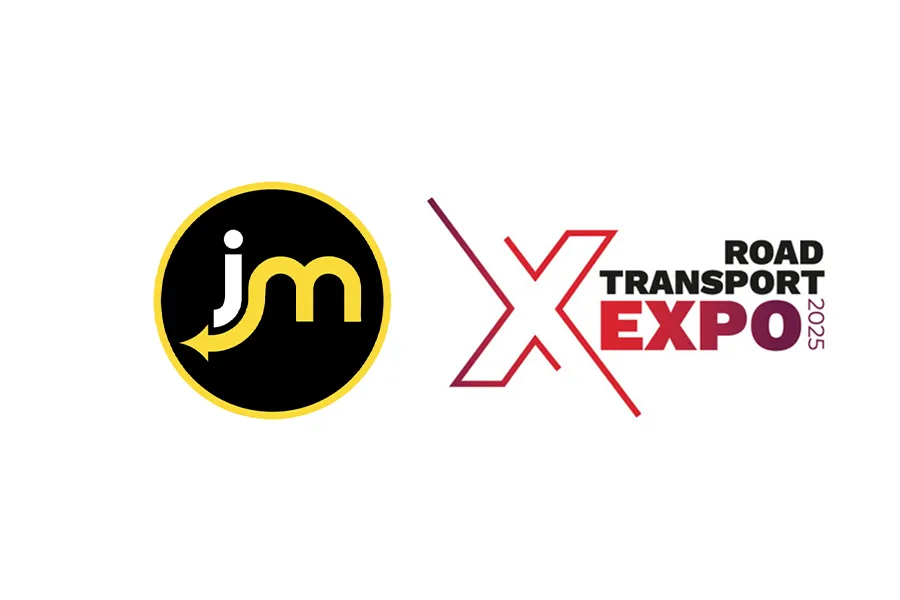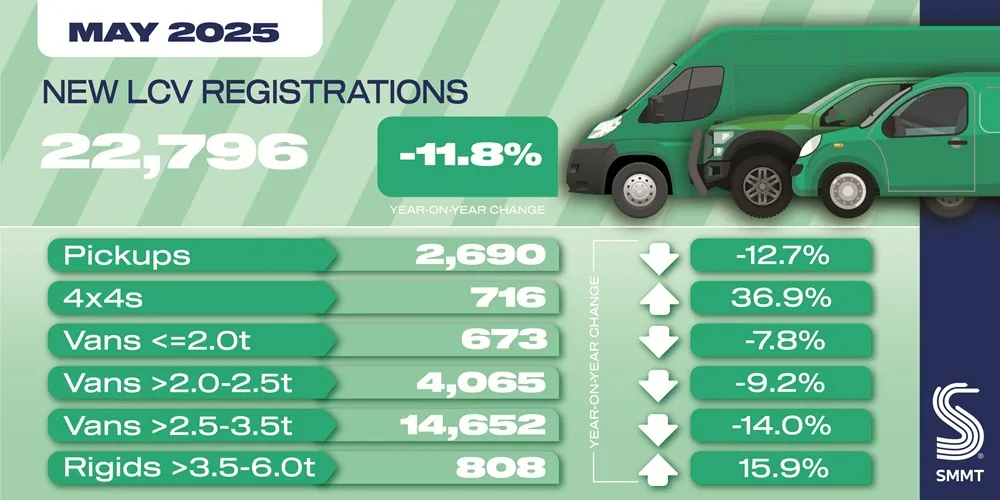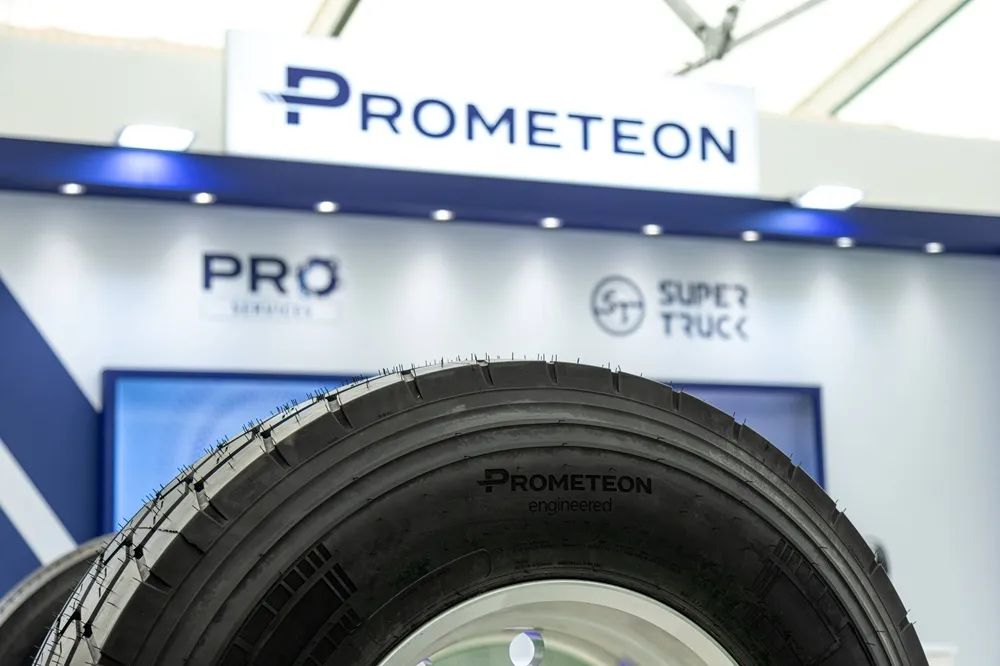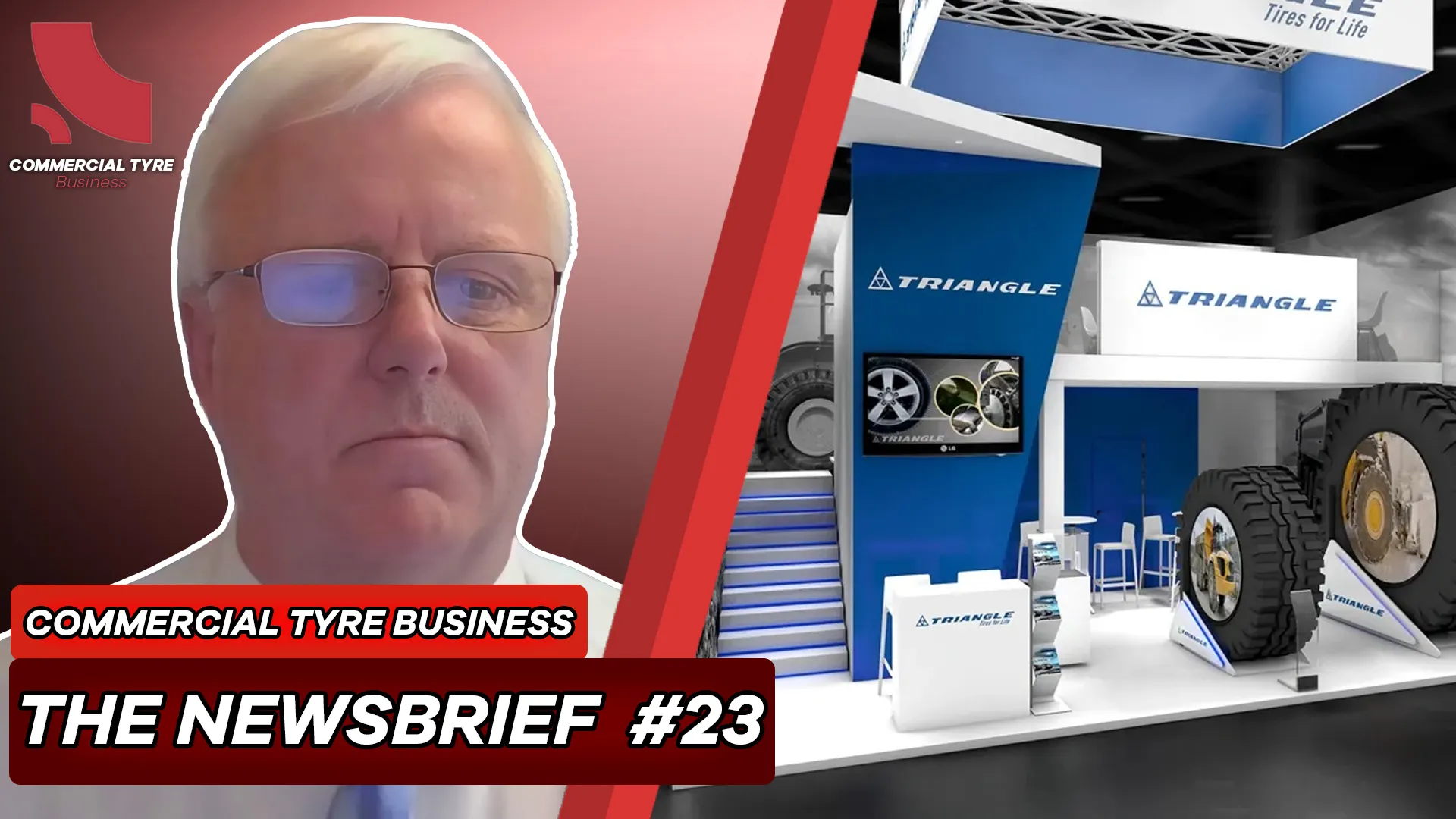The 25th Anniversary Event for the Traxion brand from Vredestein was an opportunity to celebrate not only the launch of two new products into the Apollo Tyres family, the Endurion Trailer and the Flotation Optimall, but to recognise the success of Traxion since its inception a quarter of a century ago. During the milestone celebration, we managed to interview Benoit Rivallant, the President and CEO of Apollo Tyres Europe for 20 minutes about the brand’s success, it’s strategy in navigating a complex disrupted supply chain and how it plans to target 50% growth in the off-highway sector.
Ri...
Ri...

